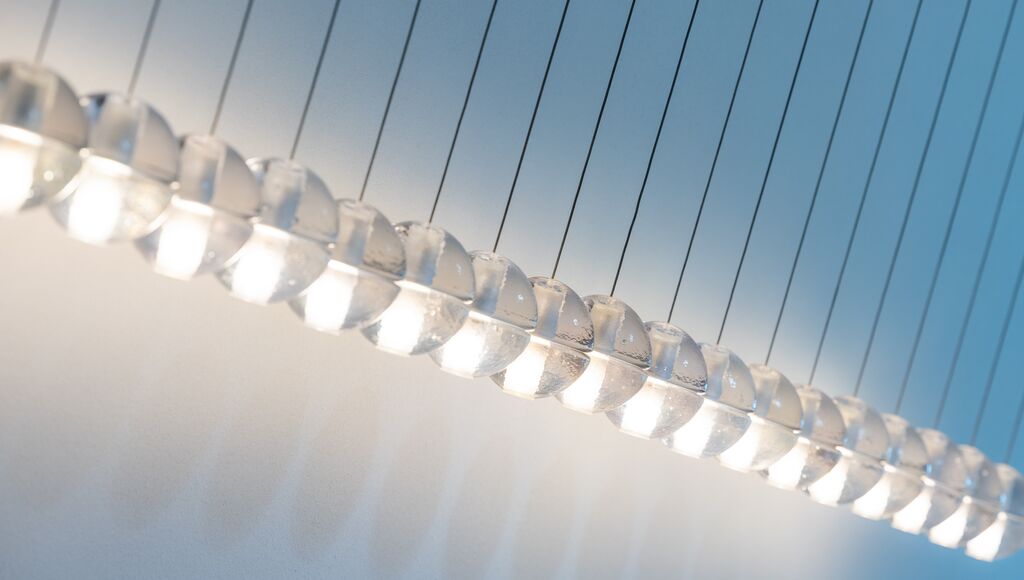
Insights | March 18, 2022
Exemption of certain goods from IP protection in Russia – what you need to know
The Russian government has passed a law allowing it to exempt certain goods from intellectual property rights protection. Earlier last week, Russia had also passed another resolution indicating that the government will compulsorily license patents, designs, and utility models from sanctioning states. In this article, our IP protection experts provide an overview of the situation and of procedures to be undertaken.
On 9 March 2022, the Russian government passed a law allowing it to exempt certain goods from intellectual property rights protection. Earlier last week, Russia had also passed another resolution indicating that the government will compulsorily license patents, designs, and utility models from sanctioning states, resulting in IP owners from sanctioning territories not being entitled to any profit made from the unauthorized use of their IP rights.
However, this new law appears to be much broader in scope, covering all types of IP rights, including trademarks, copyright and patents, and in practice potentially leading to the suspension of all IP rights enjoyed by some foreign entities in Russia.
Although it has not yet been specified which goods are to be exempted from protection under the new law, it is believed that the law will apply to certain essential goods, medicines and medical products, foods, agricultural seeds, technological items and other goods that could be parallel imported or produced in Russia under import-substitution programs in the absence or insufficiency of such goods to meet Russian needs.
The new law will likely significantly affect law enforcement practice and the possibilities for foreign intellectual property owners to protect their exclusive rights in Russia, but at the moment it is difficult to evaluate all the consequences of the legislation. For now, we have mapped potential ways to counteract and constrain possible damage resulting from the new law, as outlined below.
The Finland-Russia and Russia-Sweden BITs
Investments made by Finnish and Swedish investors in the territory of Russia, including IP rights such as trademarks and patents, are protected by the bilateral investment treaties (the “BITs”) between Finland and the Russian Federation, and Sweden and the Russian Federation, respectively. Thus, IP right exemption measures may allow affected Finnish and Swedish entities to bring investment treaty claims against the Russian Federation and claim compensation.
Standards of protection under the BITs
The protection granted by the BITs is composed of various standards. The purpose of these standards is to protect foreign investors from unfair, unreasonable, discriminatory and/or arbitrary measures by the host state. The standards include a prohibition against unlawful expropriating measures unless the interests of the host state require such measures, and, if such measures are imposed, appropriate compensation must be paid to the investors.
Potential claim and remedies
At least in so far as Russia were to exempt Finnish or Swedish entities’ IP rights from protection without paying appropriate compensation, this would likely constitute a breach of the BITs. In such case, the investor is entitled to reparation in accordance with customary international law. In practice, this means monetary compensation (including interest).
Procedure
The BITs provide for arbitration as a dispute settlement mechanism. Any arbitration must be preceded by a cooling-off / negotiations period. The BITs set out that any arbitral award rendered under them will be enforceable in accordance with the New York Convention. This allows for broad enforcement possibilities globally.
Roschier track record
Roschier’s IP practice is a recognized global provider of IP protection services and is equipped to provide advice and assistance with all questions related to exemptions of IP in Russia. Furthermore, Roschier’s cross-border team frequently represents clients in investment treaty arbitration and has unparalleled experience in the field in both Finland and Sweden.
Roschier’s IP practice is following the situation closely in order to allow us to advise our clients appropriately on any related issues.